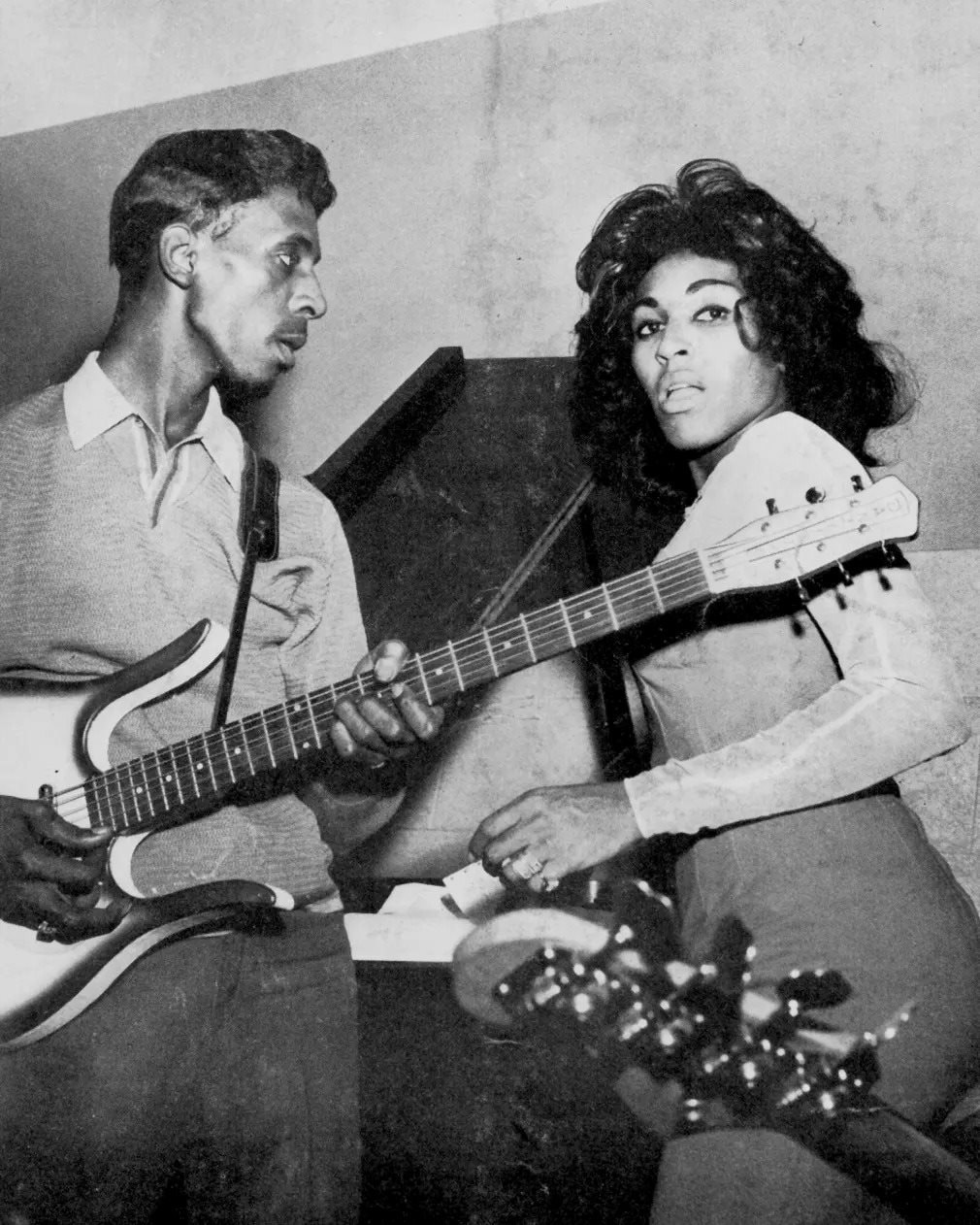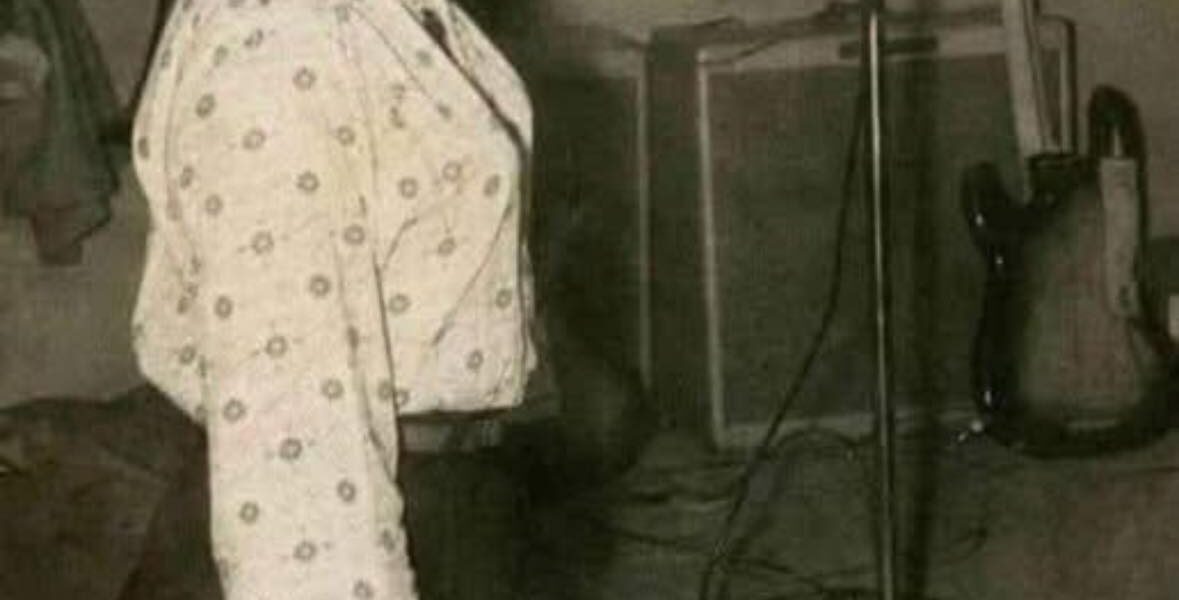When Tina Turner slipped out of a Dallas hotel room one night with just 36 cents and a Mobil gas card, she wasn’t simply leaving a man.

She was leaving a prison.
Her then-husband, Ike Turner — a musical partner, yes, but more than that: her controller, her tormentor, her abuser — had taken everything from her but her will. And that night, with traffic roaring around her on a Texas freeway, she clutched her tiny purse and repeated the only truth she had left:
“The way out is through the door.”
She didn’t have lawyers. Or bodyguards. Or a plan.
But she had courage.
When she filed for divorce, she didn’t fight for the houses, the cars, or the royalties she’d helped earn. She didn’t ask for money. All she wanted were two things:
Her name — Tina.
And his — Turner.
Because that name was her only tool left. It was how the world knew her. And with nothing else to her name, she rebuilt herself with it.
She could have faded away.
She could have been a whispered name in liner notes, a Vegas nostalgia act, a footnote in music history. She could have been broken beyond repair.
But she wasn’t.
Instead, Tina Turner became one of the biggest rock stars in the world — and she did it at age 42. In an industry that worships youth, she came roaring into the 1980s like a thunderstorm in heels. She wasn’t just opening for the Rolling Stones — she was headlining stadiums. Her voice — raspy, raw, utterly electrifying — shook the earth.
Her comeback album, Private Dancer, went five times platinum.
Her concerts were sold-out spectacles.
She wasn’t just surviving. She was reigning.
But Tina’s story wasn’t just one of fame. It was one of healing.

She spoke openly about her abuse — at a time when few did. She became a symbol of resilience for women everywhere. Her strength gave others the courage to walk through their own doors.
And behind her fire was something unexpected: Buddhism.
Tina was a devout practitioner of Soka Gakkai Nichiren Buddhism, a path she credited for her survival, her transformation, her peace. She chanted. She meditated. She grew. She found a stillness inside that no man had given her — and no man could take away.
And then, she found love — true love.
She married Erwin Bach, a Swiss music executive 16 years her junior. He wasn’t intimidated by her power. He embraced it. In her words, “He’s never been the least bit intimidated by my career, my talents, or my fame.”
In 2016, Tina’s kidneys began to fail. She was preparing for assisted suicide in Switzerland when Erwin made a choice that echoed through their love story:
He gave her one of his kidneys.
The man who loved her gave her life again. The cycle had closed: from a man who once nearly destroyed her, to one who would wound himself to keep her alive.
She was born Anna Mae Bullock, a sharecropper’s daughter in Nutbush, Tennessee, in 1939.
She died Tina Turner, queen of rock ‘n roll, in a lakeside Swiss palace.
An icon. A storm. A miracle of grace and grit.
She was a dancer of fire, a singer of soul, a voice for the voiceless, a survivor who thrived, a wife, a mother, a Buddhist, a legend.
And all of it — all of it — began when she chose, one night, to walk out the door.




